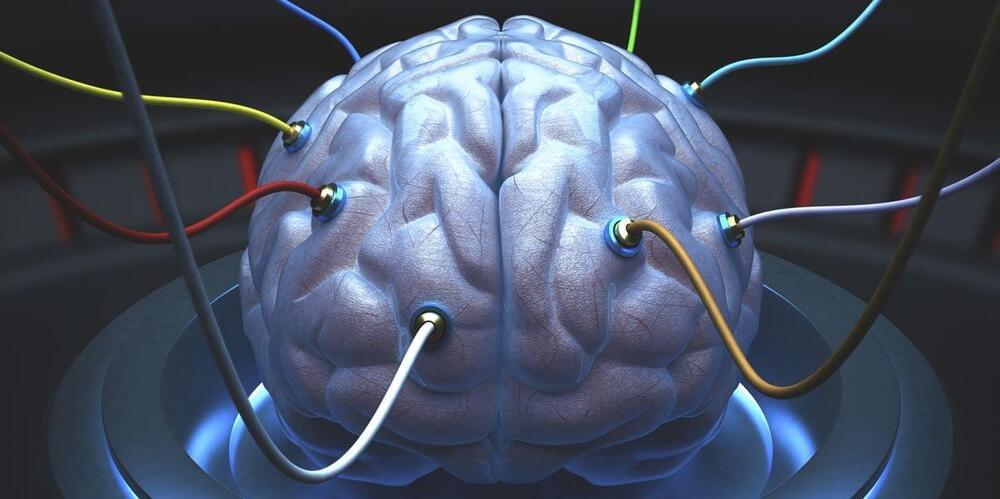When dealing with a human brain, preventing perception would require even more care. If a person’s brain inched toward consciousness under such an experiment, the consequences would be thorny, according to Hank Greely, a biomedical legal expert at Stanford University in California. “That’s very tricky ethically, legally and scientifically,” he told New Scientist.
Vrselja told the publication that he and his colleagues “have no intention of plugging anyone at the point of death into their BrainEx machine.” But what they’ve accomplished so far is a significant step toward proving that brain death may not be as final as we once thought, arousing fresh hope that patients who are hovering between life and death can still be saved.
In the meantime, the researchers have had some success in keeping brains “cellularly active for up to 24 hours” so they can test treatments for neurological conditions. They hope to help patients with diseases such as Alzheimer’s and Parkinson’s.
